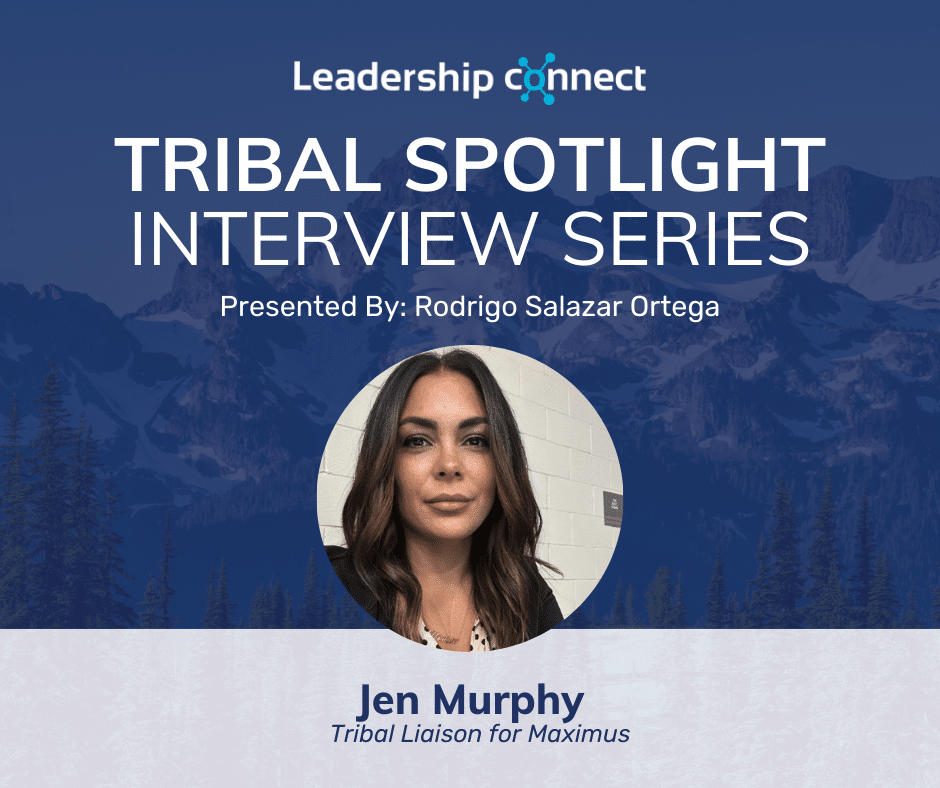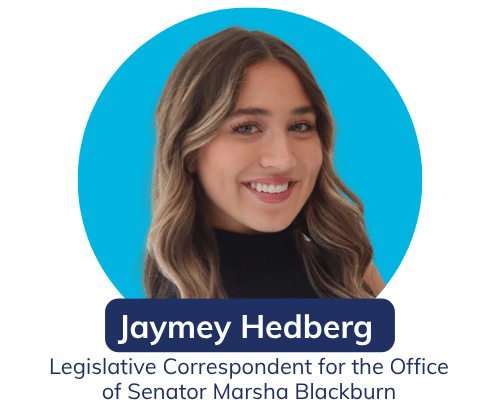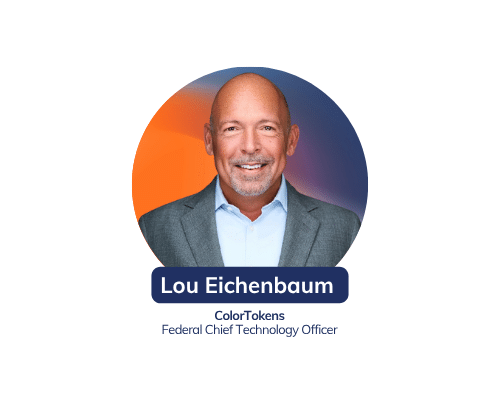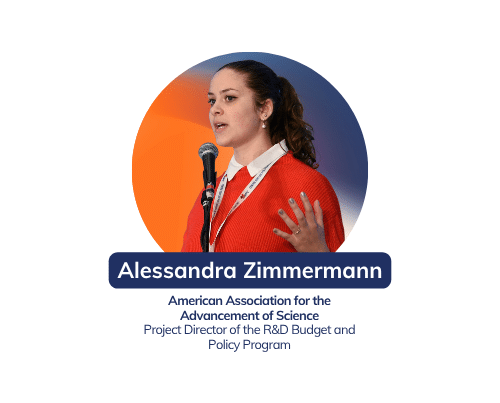For this installment of the Tribal Spotlight Series, I spoke with Jen Murphy, Tribal Liaison for Maximus. Jen shared insights into her diverse career path, the power of humility and creativity in advocacy, and the importance of fostering meaningful connections in Tribal relations.
Takeaways:
- Tribal relations require humility, curiosity, and a willingness to learn, as every Tribe and community is unique.
- Balancing respect for traditional practices with modern governance structures is key to building trust and collaboration.
- Advocacy and education are lifelong commitments, driven by reflection, listening, and a genuine desire to uplift others.

Can you tell me about your career path that has led you to where you are now?
I started my career working in juvenile detention before moving into child protection and adult felony parole. At first, I thought that was my calling, but over time, I realized there was so much more I could do. That realization drew me toward Tribal work, and since then, I’ve held multiple Tribal Liaison positions.
Beyond my work as a liaison, I’ve always leaned into my creative side. I’ve executive-produced a short film, written a children’s book about Missing and Murdered Indigenous Women (MMIW), and founded a training company alongside my husband. I’ve also been appointed to state commissions, such as the domestic violence fatality review commissions, and am pursuing a graduate certificate in Indigenous Studies. Every step has been guided by humility, courage, and a desire to make a difference in the issues I’m passionate about.
How did you become passionate about the intersection of tech, government, and tribal communities, and how do you stay informed and engaged in those areas?
Growing up as an enrolled member of the Chippewa Cree Tribe, I’ve always been aware of the disparities Native communities face. As I got older, I began to understand the impact of historical trauma and systemic injustices. You can either sit with that anger or channel it into action, and I chose the latter.
I don’t consider myself an expert—I see myself as a lifelong student. To truly teach and advocate, I feel I must constantly educate myself and approach my work with respect and humility. My involvement in MMIW awareness, for example, has required me to balance raising awareness with respecting differing opinions. This work is deeply personal, but I see it as a responsibility to use my voice and platforms to educate and inspire others.
What do you believe sets Tribal Government Relations apart as a unique work environment, and how do you navigate its challenges in your everyday work?
Tribal relations have a unique sense of community, culture, and connection. There’s an emphasis on mindfulness—starting and ending things in a good way—that makes it feel like home. Laughter is medicine, and there’s an inherent sense of belonging that makes the work deeply meaningful.
The hardest part for me is helping non-Native people understand this intentional, slower pace. In Indian Country, reflective silence isn’t an absence of thought—it’s a space for listening and deliberation. I work to bridge the gap between two worlds, ensuring there’s respect for Native ways of doing things while helping others adapt their approaches.
Describe a challenging or rewarding project that significantly influenced your growth as a professional. How did you handle the challenge, and what did you learn from the experience?
My work on MMIW awareness has been one of the most challenging and rewarding projects I’ve ever undertaken. It’s incredibly difficult because not everyone fully understands the issue, and it requires starting from the ground up to build awareness. One of the most valuable lessons I’ve learned is that I don’t speak for all Native people or even my own Tribe—I speak from my personal experience. It’s about fostering communication and creating spaces for others to share their stories and perspectives. This work has taught me the importance of reflection, listening, and supporting open dialogue, even when opinions differ.
What advice would you give to someone navigating how to bridge the gap between traditional practices and modern governance structures?
Come as your authentic self and leave your agenda behind. Be a learner and a listener. There’s always someone in the room who knows more than you, and you should seek out their guidance with humility and respect.
For non-Native people, understand that you’ll never have the full picture, but that’s okay. What matters is that you’re willing to put in the effort to learn and be present. Build trust, collaborate, and ask questions thoughtfully. People want to help when approached with genuine curiosity and respect.
Word association, what is the first word that comes to mind for each of these?
- Policy – Change
- Networking – Collaboration
- Communications – Reflection
- Leadership Connect – Real Presence






